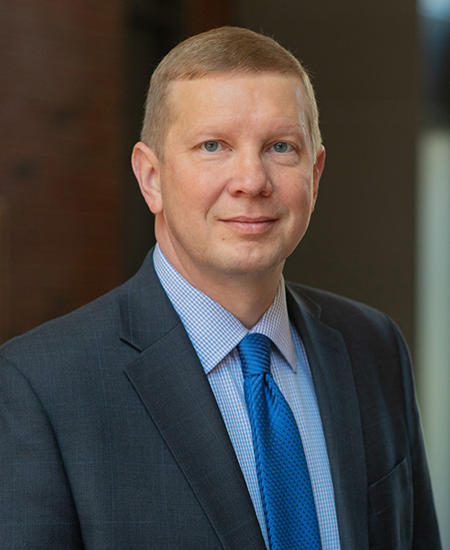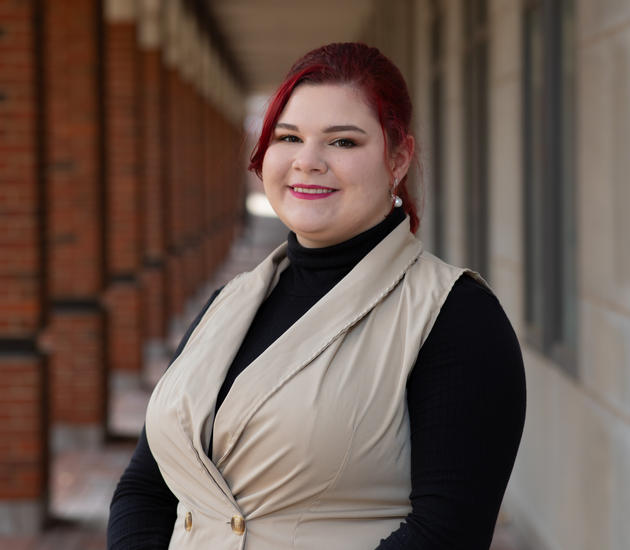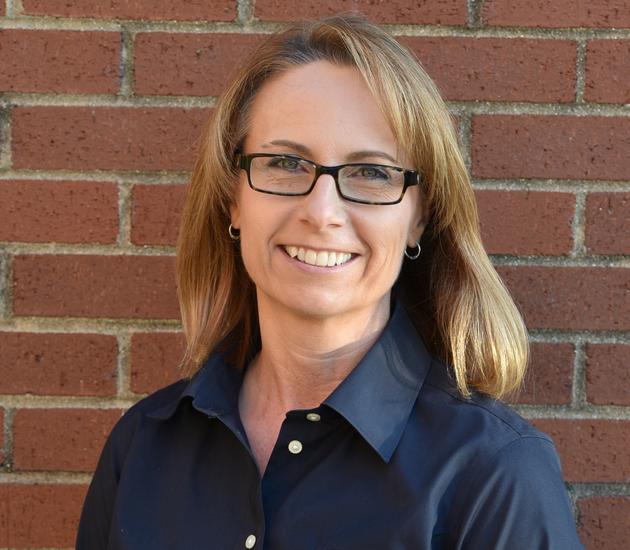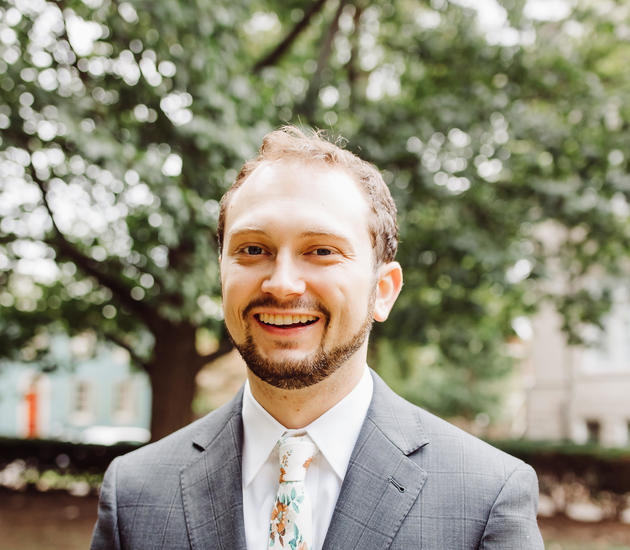“The best aspect of my job is that I get to work with students,” claims materials engineering professor John Balk. Then, as if perceiving an eye-roll from some corner of the universe, he doubles down. “That’s not just a cliché; that is the real reason I am teaching at a university.”
Balk need not protest; his teaching awards more than back his claim. Balk has taught materials engineering at the University of Kentucky for 14 years. In 10 of those years, he received the Materials Engineering program’s outstanding teacher award. In 2009, he collected not only the program’s award, but also the College of Engineering’s Henry Mason Lutes Award for Excellence in Teaching and the university-wide Provost’s Award for Outstanding Teaching. Clearly, Balk’s efficacy as a professor stems from an earnest love of teaching.
“What I look for in students is what I call ‘intellectual curiosity,’ he explains. “That means they want to learn more, not just get a good grade in the class. Intellectually curious students are genuinely interested in understanding. When I see that, I try to develop it through research opportunities.”
In describing the intellectually curious student, Balk autobiographically reveals the approach he took to engineering studies at Cal-Berkeley where he double majored in materials science and mechanical engineering as an undergraduate student.
“I liked thinking about how to build structures that had integrity, yet also understanding the properties of the material and the difference those properties made,” Balk recalls. “So I double majored. Later, when I went to graduate school at Johns Hopkins, I found a materials science advisor whose primary appointment was in mechanical engineering. It was a perfect fit. I have always been very comfortable in both fields and both are essential to my research.”
While Balk’s research to date has largely focused on nanoporous materials and thin film coatings for improved electron emission, his newest area of research—and his enthusiasm for it—proves his intellectual curiosity is as strong as ever. The 2008 NSF CAREER Award winner has a new grant from the Kentucky Science and Engineering Foundation to explore the nascent field of high-entropy alloys. So what are high entropy alloys and how do they differ from traditional alloys? Balk explains:
“Entropy is disorder and if you can increase the disorder in the alloys, you can actually make it more difficult to deform the material. That makes it stronger. Or you can make it more resistant to high temperatures, which usually weaken materials. Common alloys typically have one base metal; if you have copper and add zinc to it you get brass; or if you add tin you get bronze. With high entropy alloys, you add five or more materials together in equal proportion. This is uncharted territory in physical metallurgy, so people don’t really know what they are going to get. Right now it is at the level of mixing materials together and hoping you hit a winner. The grant I’ve gotten will allow me to take a more systematic approach to optimizing high entropy alloys for a given structure.”
Balk became interested in high entropy alloys due to their unprecedented material properties and possible use in demanding application environments. For example, because turbine blades in jet engines must be able to withstand extremely high temperatures, high entropy alloys have potential to become a viable choice for turbine blade materials. Although few studies have been undertaken, some combinations have produced encouraging results.
“What I’m most curious about is why a material behaves the way it does and then being able to explain it or understand it on the basis of its structure,” Balk adds. “So this new area gives me a lot to explore. I really like it and am glad to have funding for further research.”
With a career built through exceptional teaching, accomplished research and extensive service, Balk is thriving at UK. For him and his wife, Ilka, who serves as Director of Engineering Career Services in the college, the work-life balance and cultural heritage available in Lexington makes it something of a well-kept secret.
“I have lived in Michigan, along the Gulf Coast, in San Francisco, Baltimore and Stuttgart, Germany, but I’ve never been as pleasantly surprised as I’ve been to find all that we have enjoyed here. It is a great place to live, work and raise a family.”




